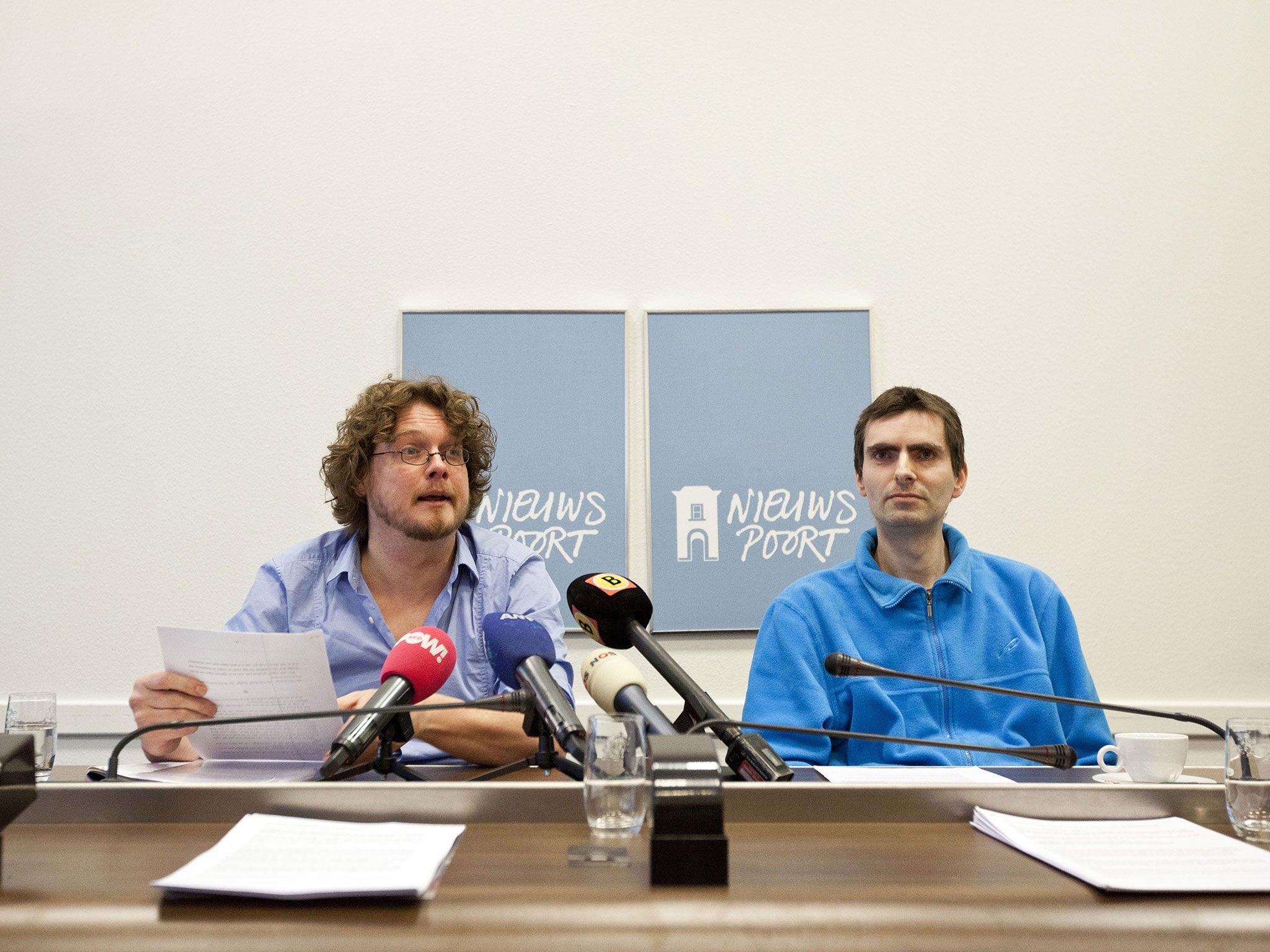Dutch paedophile club to fight their ban at the European Court of Human Rights
The recently banned group believe they are being denied the right to freedom of speech

The Dutch paedophile society Vereniging MARTIJN is planning to appeal their case at the European Court of Human Rights after being banned by the Supreme Court of The Netherlands last April. The club’s lawyer has announced that the case will be put to the European judges no later than October this year.
Vereniging MARTIJN has been advocating legal and social acceptance of sexual relations between adults and children in the Netherlands since 1982, actively seeking a platform for their ideas through engaging the press and initiating political discourse on the topic.
Last April, the Supreme Court of The Netherlands ruled Vereniging MARTIJN 's existence a threat to public order. Emphasising that forbidding a club should only be considered under extreme circumstances under democratic law, the Supreme Court argued that an exception needed to be made in order to protect children.
"Although in general great caution must be taken when banning a society, the unusually serious actions of Vereniging MARTIJN, which are geared towards removing potential barriers for those seeking sexual relations with children, force the verdict that the organisation be forbidden and dismantled," the judge ruled.
Gerard Spong, Vereniging MARTIJN ’s lawyer, has announced that the association will be taking their case to the European Court of Human Rights in the hope of getting this verdict overturned. His law firm believes that the ban impeaches on the freedom of speech of the society's members.
Ad van den Berg, who briefly chaired the organisation until his incarceration for the possession of child pornography in 2011, is arguably the most well-known member of the club. He has spoken out against what he believes is discrimination of paedophiles and against the taboo on the issue. Van den Berg became Vereniging MARTIJN 's leader after co-founding the Party for Neighbourly Love, Freedom and Diversity, more often referred to in the Netherlands as the "paedo-party". The party planned to run for the 2006 elections, but failed to collect enough signatures to qualify. After failing for the same reason four years later, the party was disbanded.
MARTIJN, a common Dutch boys' name, was originally the title of a magazine, later rebranded as OK-magazine; "OK" being an acronym of the Dutch words for "Elder" and "Child". Published quarterly and sent to club members, it contained letters from readers describing their sexual experiences with minors, as well as images of naked and near-naked children. The editors would also issue advice on how to conduct relationships with children; their official guidelines being that there should be full disclosure towards the parents of the child in question, and that no activities should be undertaken without the full consent of the child itself. They received heavy criticism for voicing the opinion that "mutually pleasurable" sexual relationships between adults and children are not damaging, and should be socially acceptable.
The ban issued last April followed a long list of investigations into the group’s legality. In 2011, the Ministery of Security and Justice ruled that Vereniging MARTIJN s activities were not punishable under Dutch law. The same year, the parents of an abused child demanded that the organisation face public prosecution for being an accessory in their case, as they believed that in giving the perpetrator advice, Vereniging MARTIJN had incited the crimes their child had suffered. This plea was not taken further by the local courts. In 2012, another local court did outlaw the club, on the grounds that it was encroaching upon children’s rights. This ban was reversed a year ago, on the premise that Vereniging MARTIJN wasn’t believed to be causing social disruption.
Following the latest verdict by the Supreme Court, various Dutch politicians warned that the ban would not make the problem of sexual abuse go away. D66’s Magda Berndsen said: “We’ll have to keep track of what the former members of the society do next.”
Richard Korver, chair of the National Lawyer’s Network for the Victims of Violence and Sexual Offences, represented the parents of a large number of children in a high-profile case against one of Vereniging MARTIJN 's former members. In response to the ban, he said: “Sexual abuse of (very) young children can have serious effects in the long term. An abused child will suffer these effects for the rest of their life.”
Join our commenting forum
Join thought-provoking conversations, follow other Independent readers and see their replies
Comments